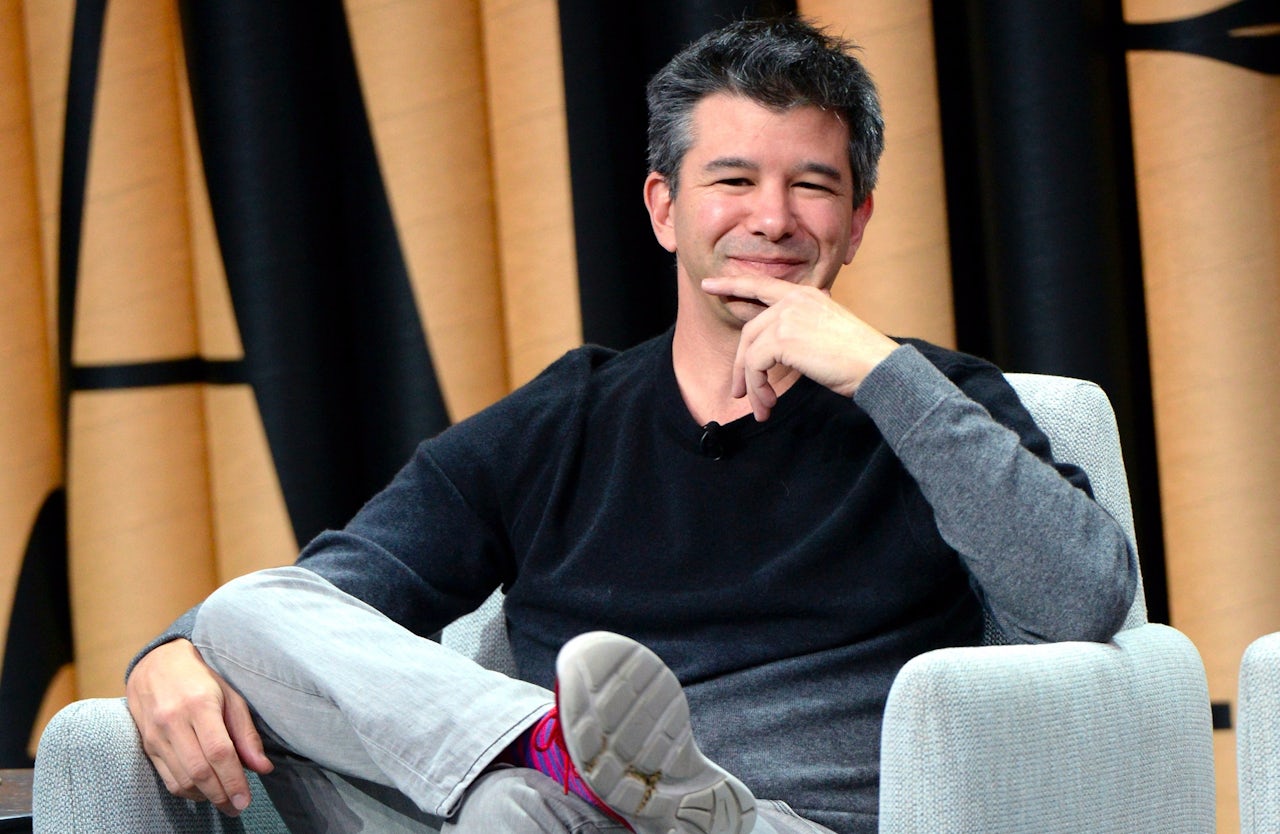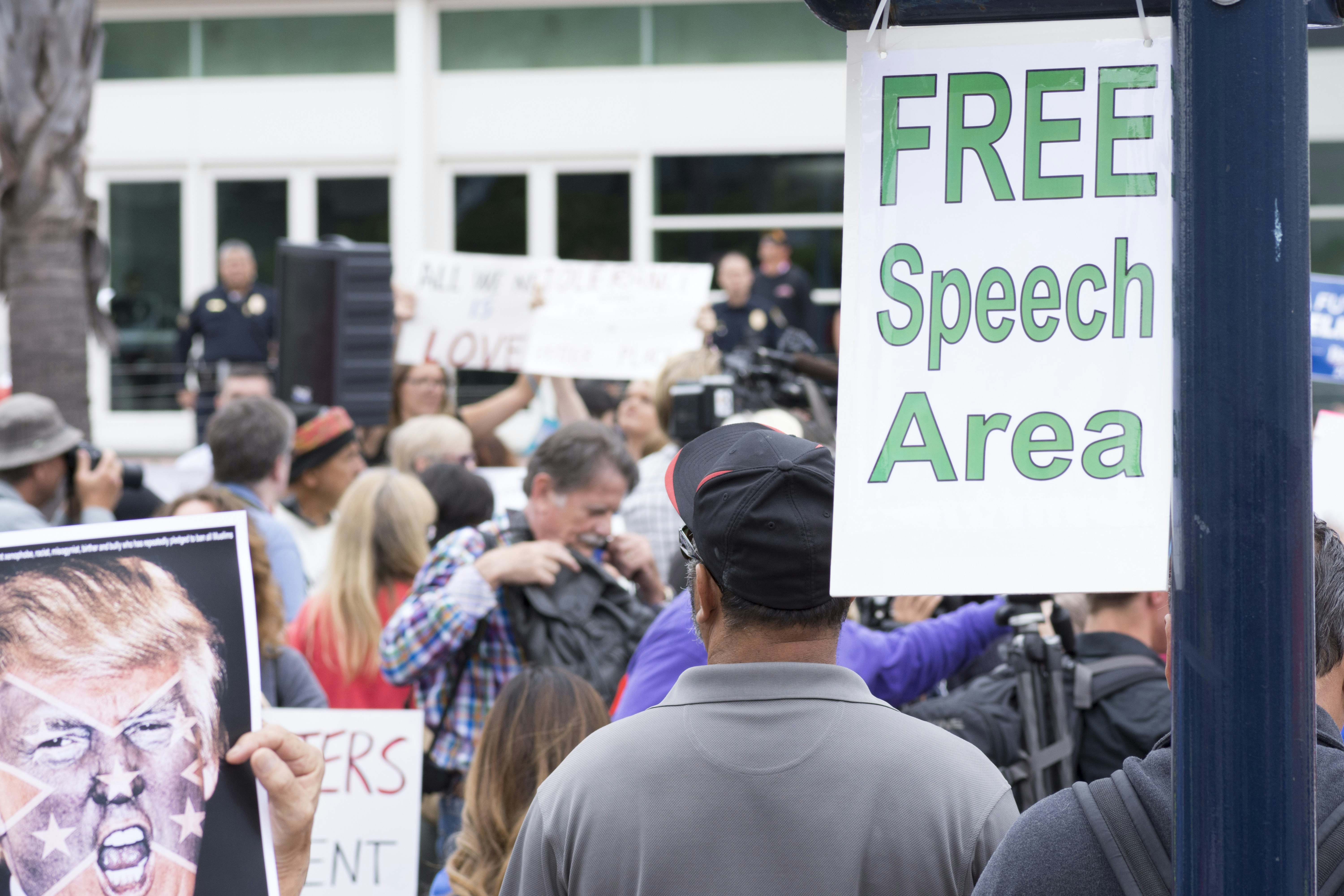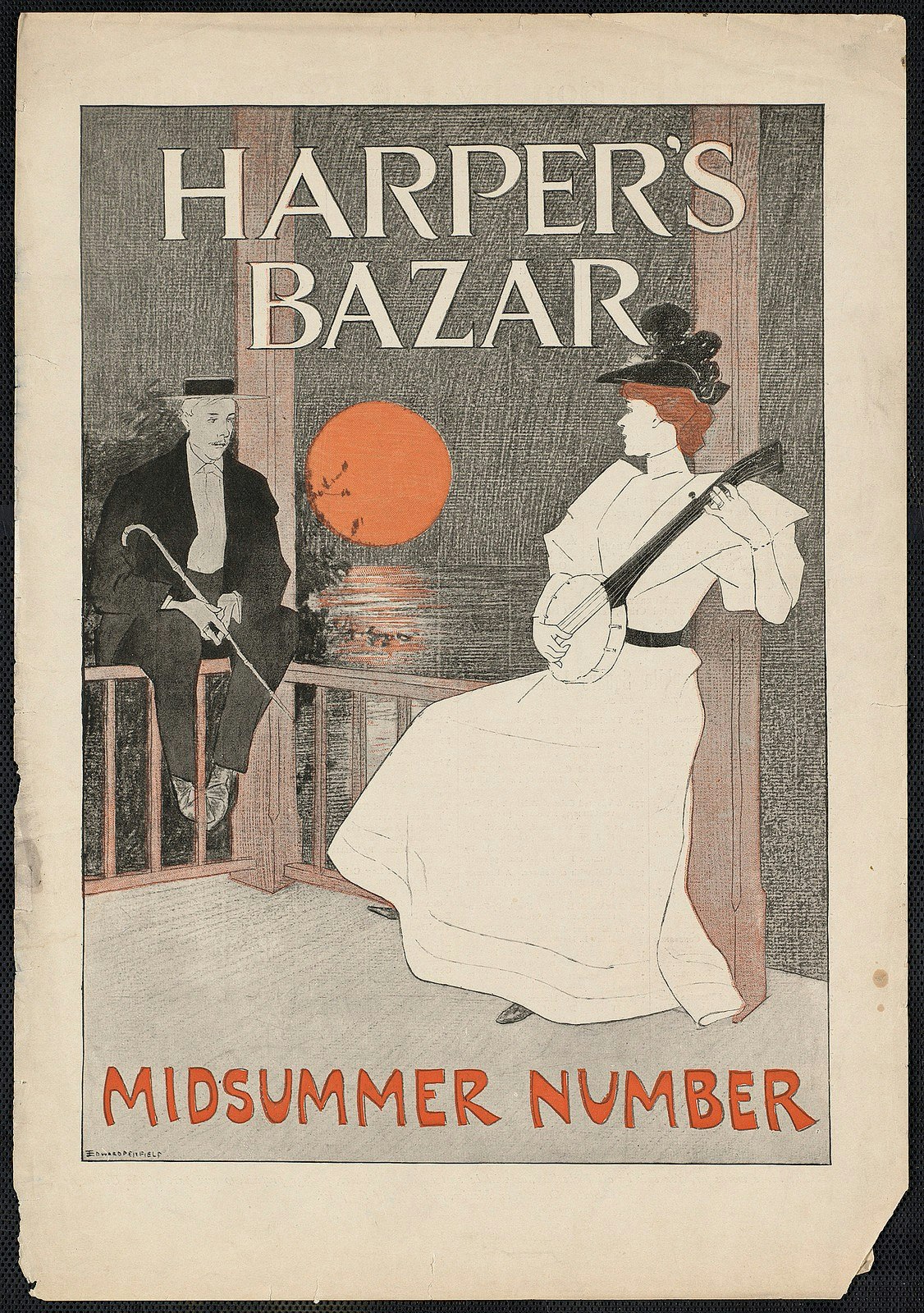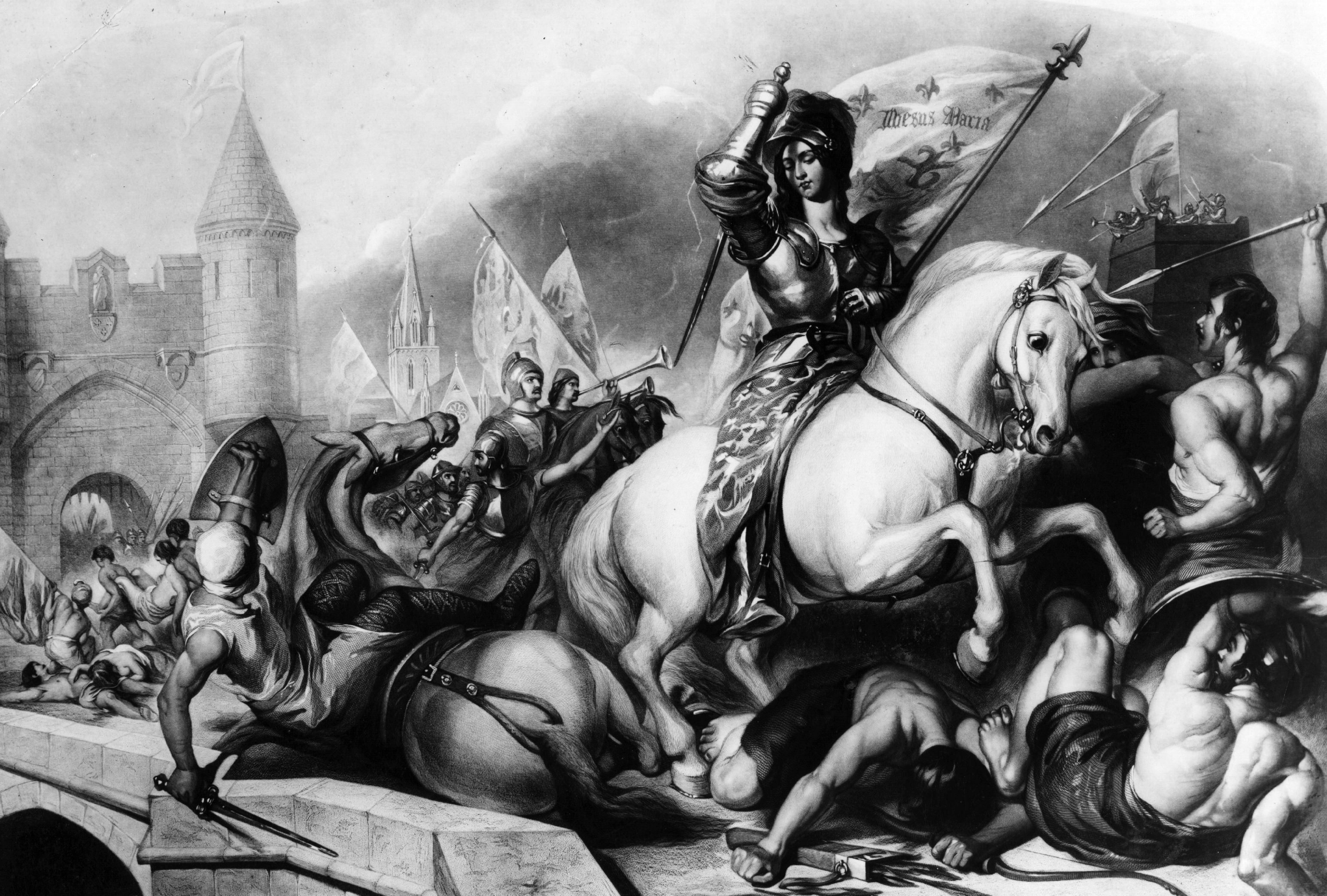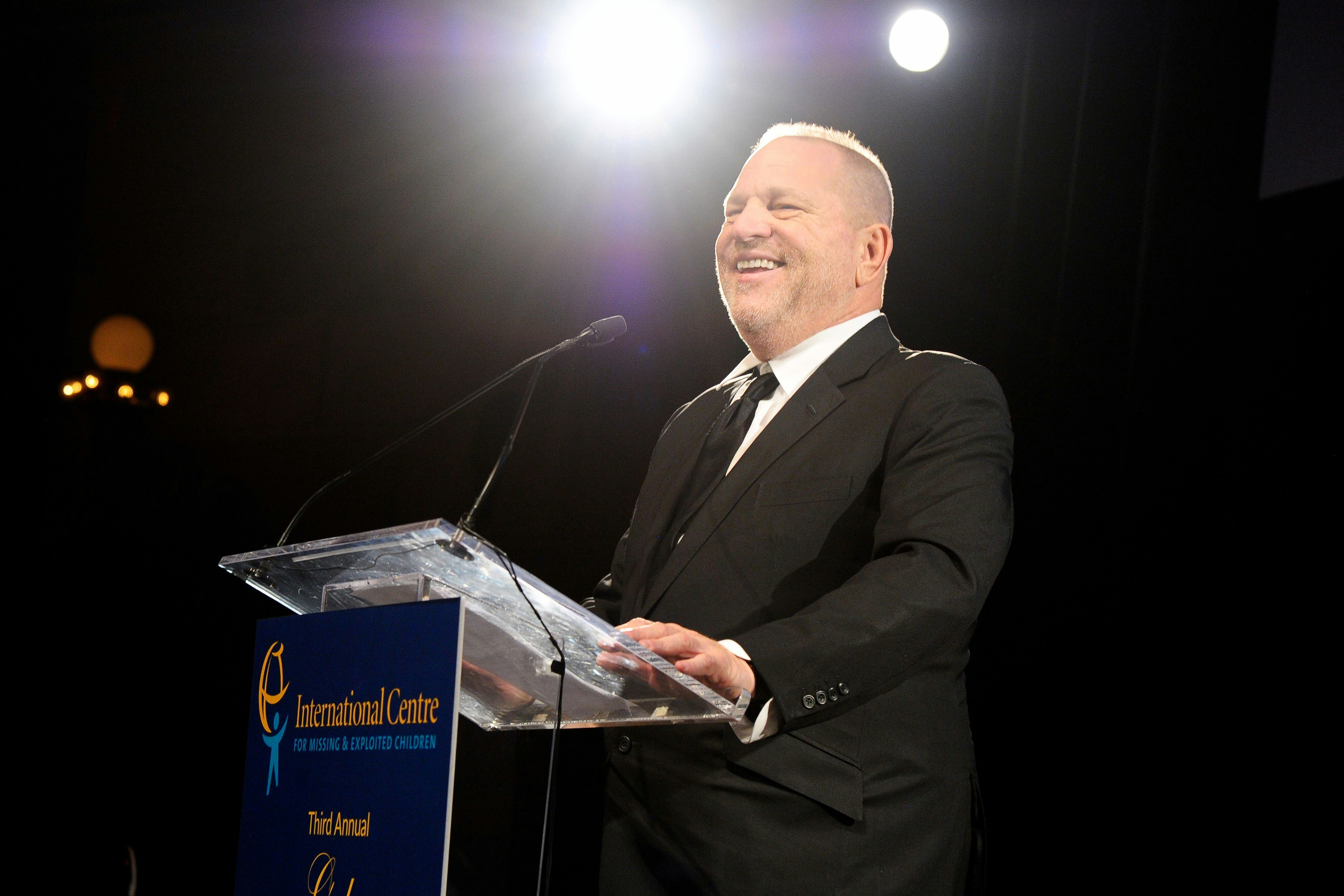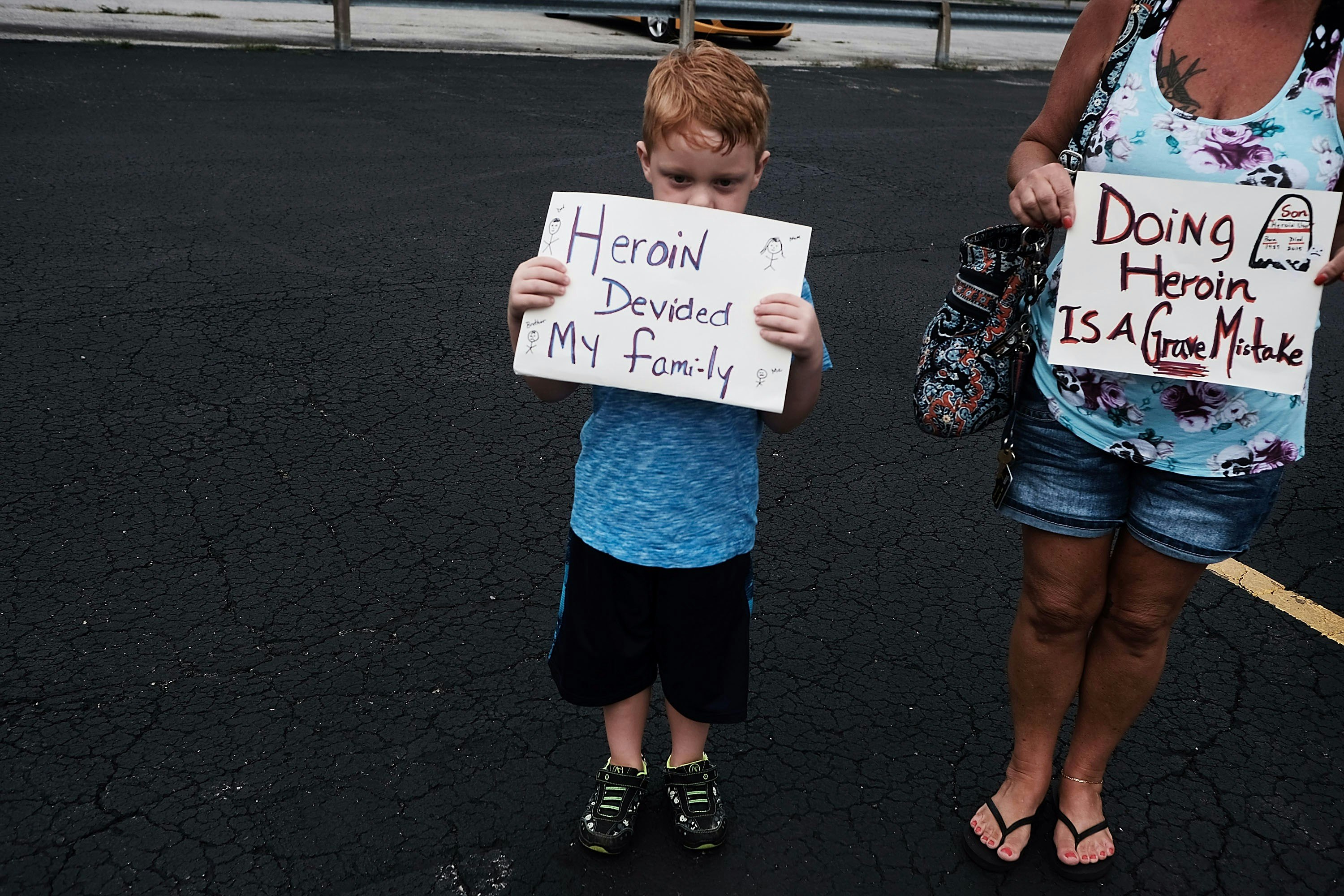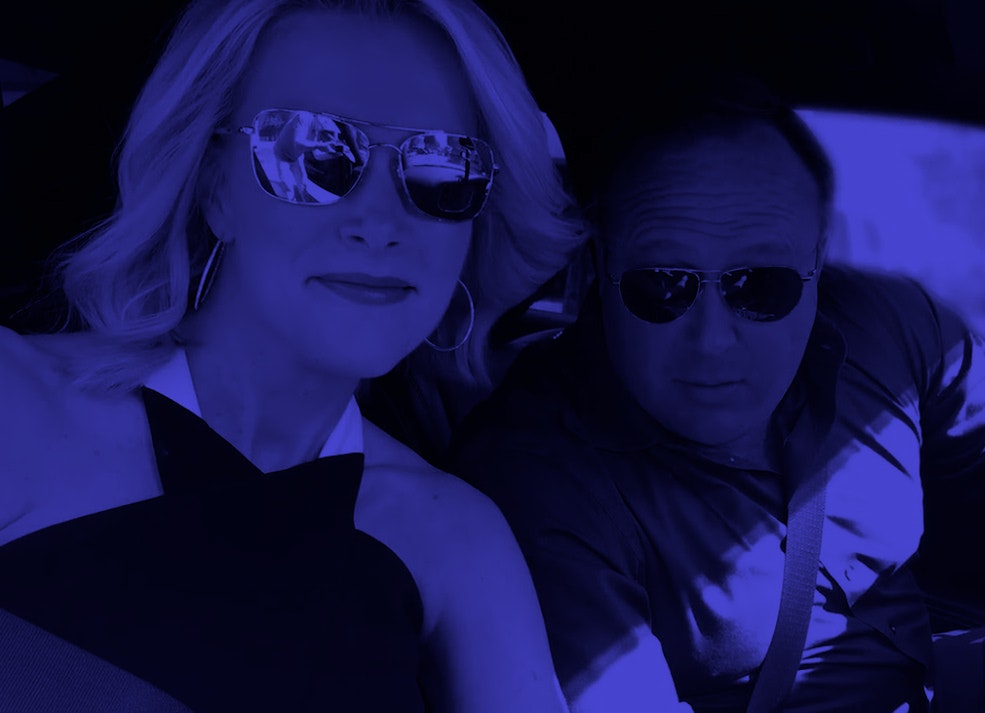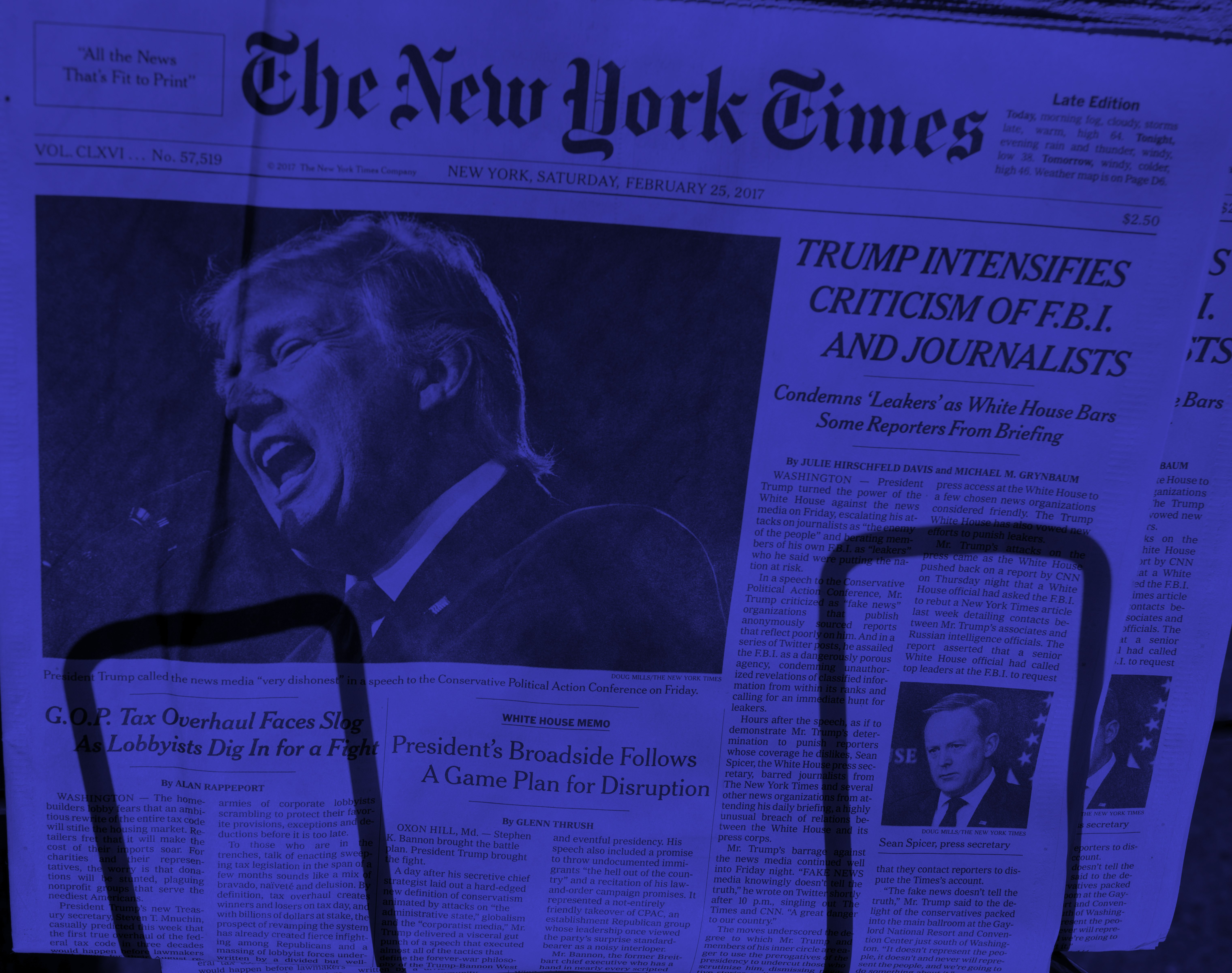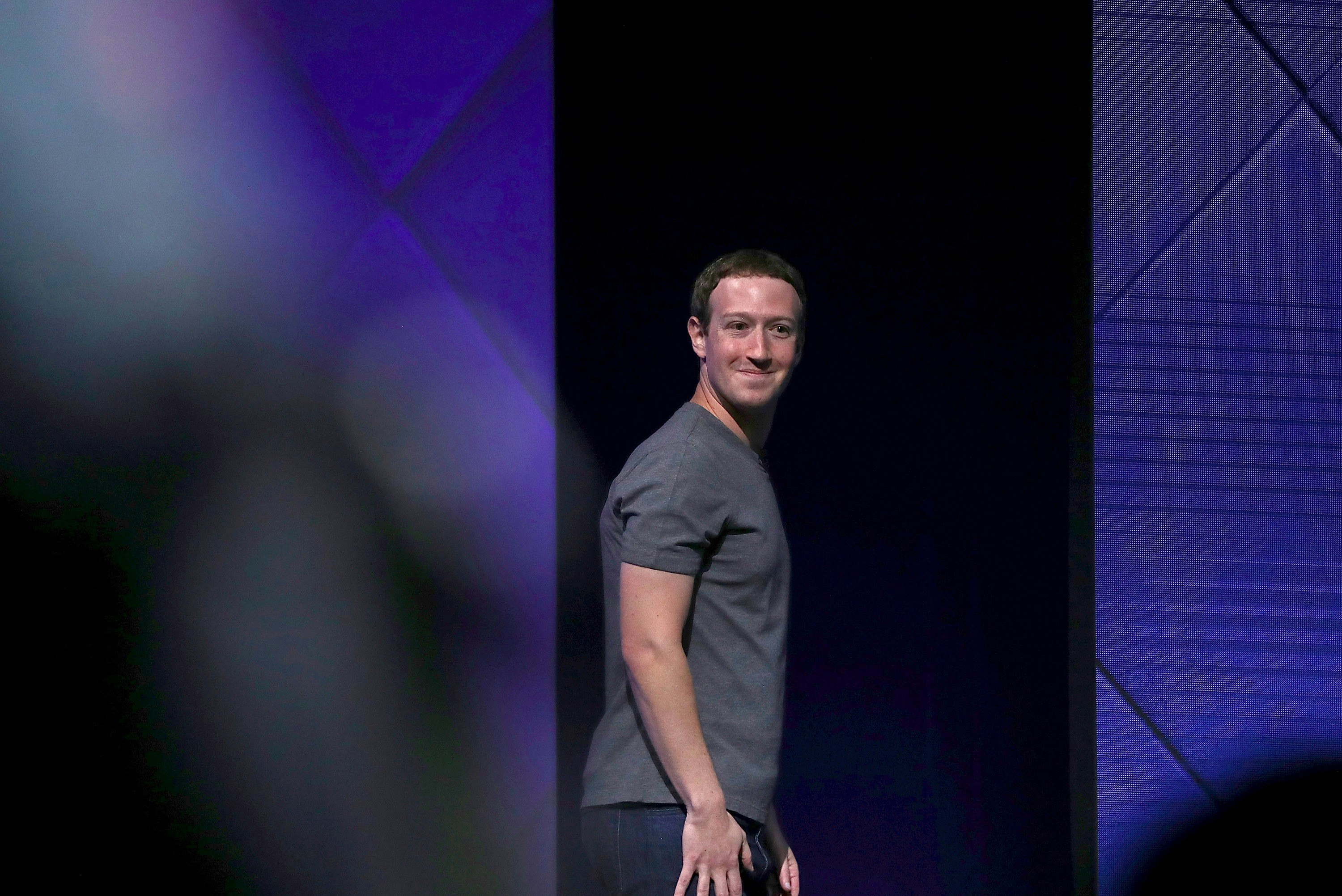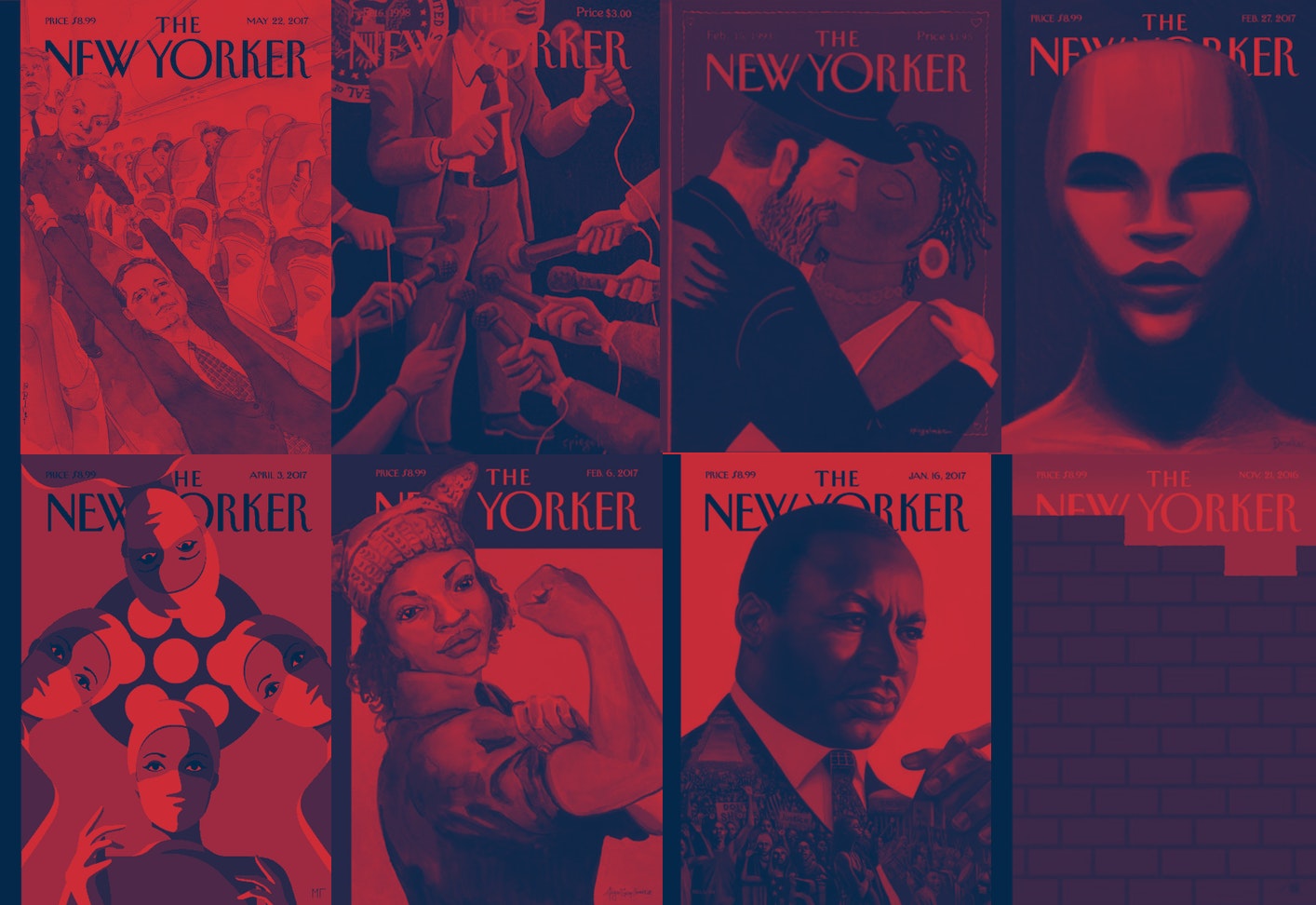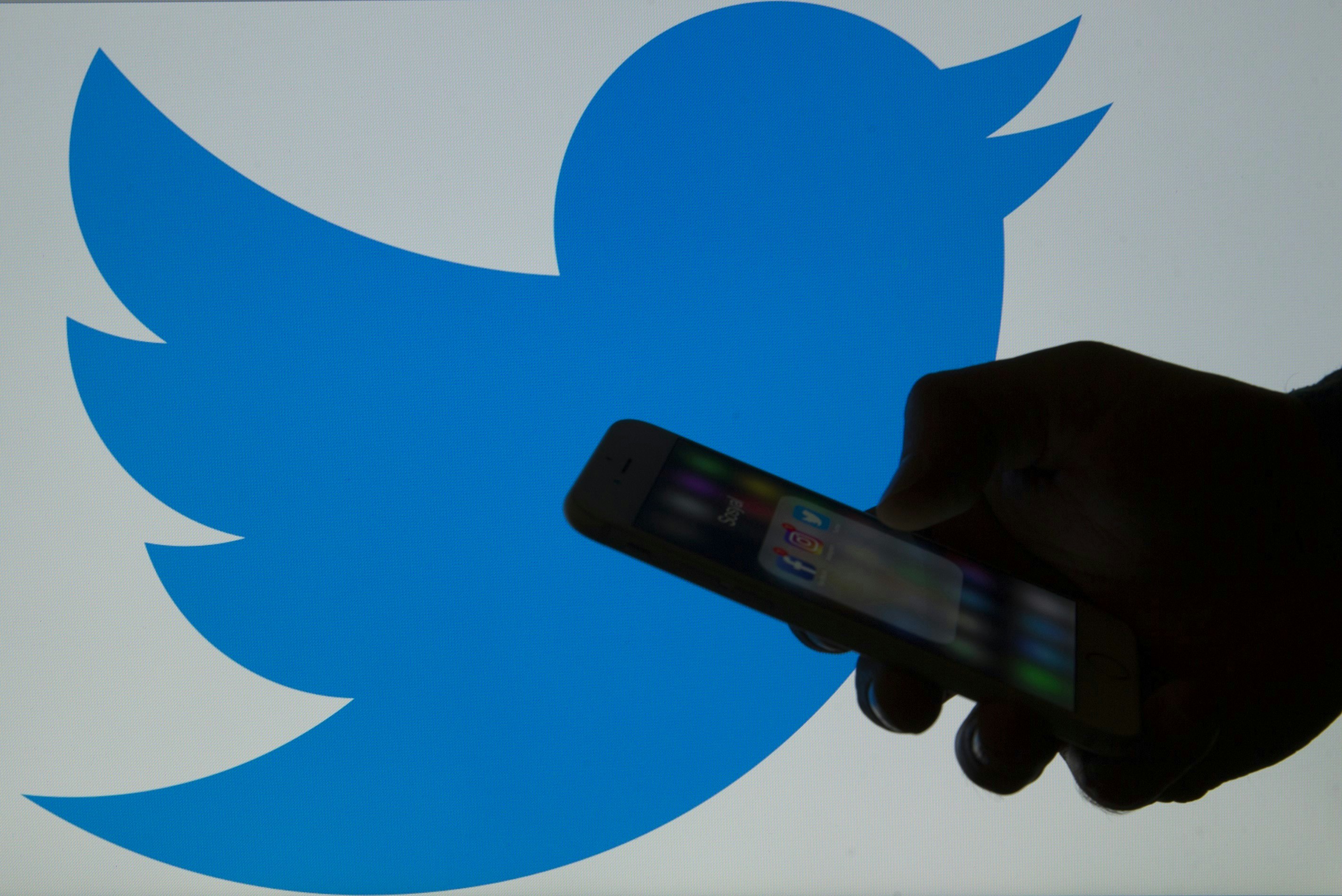Sometimes I like to think about which is scarier to a peon like me: Silicon Valley or the government. The government has nukes, but Silicon Valley could probably build its own nukes, season them with the blood of young boys, and then sell them to the government at profit. Donald Trump is really, really, painfully, horrifically bad, but Peter Thiel is definitely scarier and probably on more cocaine. At least Trump is bound by laws, kind of! But the most frightening difference between the two is that Silicon Valley appears to strike fear and silence in its workers and the government doesn’t.
On Sunday, Politico reported that Press Secretary Sean Spicer implemented random checks of White House staffers’ phones in order to tamp the embarrassing information somehow making its way from 1600 Pennsylvania Ave. to news outlets. Meanwhile last week, on the other side of the country, Susan Fowler, a former engineer at Uber, published on Medium a blog post overflowing with allegations about sexual harassment and various other improprieties that occurred during her time at the company. Since her post was published, Uber, already on shaky ethical ground for various reasons including but not limited to its very existence (although those peccadilloes have not seemed to gnaw at the company’s multi-billion-dollar valuation), has been flagellated. Uber board member Arianna Huffington, whose own site was once overseen by an (alleged) sexual harasser, was put in charge of the company’s internal investigation into Fowler’s claims. And yesterday, a senior vice president at the company, Amit Singhal, was asked to step down after it was revealed that he left his previous job at Google because of a sexual harassment allegation.
After Singhal’s departure was announced, a software engineer named Kelly Ennis went on the rare valuable Tweetstorm. “This would never have happened if not for the recent allegations by Susan Fowler. [Uber CEO Travis] Kalanick would’ve happily kept him on,” she wrote. “Google invests in and partners with Uber. These guys just get shuffled around, with zero regard for the women in our industry… At the highest levels of leadership at most SV/SF tech companies, execs are hiring their buddies outside of the usual hiring process. I’ve never heard of them being interviewed by any of the folks who’re going to report to them. Which is why diversity at those levels is so tough, & why these guys continue to shuffle around different companies despite misconduct.”
A good recipe for a bad culture is precisely what Silicon Valley is composed of: nepotism + tons of money + a fawning press. Say what you will about how soft the press was on Donald Trump; the press is infinitely more gentle with Silicon Valley power players. (Emmett Rensin described this phenomenon in particularly good detail in a December essay for The Outline, noting how the press liked to ascribe otherworldly characteristics to tech entrepreneurs. At least they never described Trump as having the qualities of a Greek god. I guess.) Perhaps this is because Silicon Valley functions, in many ways, above any long-established ideal of decorum — it is a place where perceived threats to such decorum are seen as strengths and interpersonal ethics are a weakness.
Say what you will about how soft the press was on Donald Trump; the press is infinitely more gentle with Silicon Valley power players.
Uber has fit very well into this operational model. Kalanick, the slimily handsome CEO, is a slick salesman; his idea for Uber was easy to explain and, apparently, even easier to invest in. Uber, maybe more than any other startup, thrived on a culture of douchiness, no doubt egged on by Kalanick, whose contemptuous social media posts provided Valleywag with some of its most searing social criticism. (“After taking a break from blowing kisses at a framed portrait of Ayn Rand, Uber CEO Travis Kalanick tweeted out the above snide joke regarding airline pricing.” R.I.P.) A 2013 profile of Kalanick in Inc. magazine contained this surreal paragraph: “He has been in meetings all morning, but now he’s in a T-shirt and sandals, just catching up on email and joking around. He asks me if I’m familiar with the words jamazing and ledonk and treats me to the UrbanDictionary.com definitions of each — the latter of which he boasts of having coined.” Still, the profile ultimately ends up portraying Kalanick in a positive light, someone who “has developed a reputation for being aggressive, a tough negotiator, blunt, someone you really don’t want to cross.” Of course, his reputation was likely burnished by the story’s sources, his brothers-in-arms — that’s access journalism in the Valley, totally ledonk.
Silicon Valley gets especially sinister when former government officials go there to actually earn some real money while doing their lie-for-a-living dance. As former Obama admin David Plouffe told Vanity Fair of Uber, where he was the senior vice president of policy and strategy from 2014 to 2015: “I don’t subscribe to the idea that the company has an image problem. I actually think when you are a disrupter you are going to have a lot of people throwing arrows.” It can be reasonably extrapolated that sometimes — and at a list of nouveau riche companies growing longer and longer — sexual harassment is just a part of disruption. Women are the unfortunate collateral.
In her sublimely somber N+1 essay from last year about working in Silicon Valley, Anna Wiener described telling her mother about the unthinking sexism that pervaded her workplace: “I tell her about the colleague with the smart-watch app that’s just an animated GIF of a woman’s breasts bouncing in perpetuity; I tell her about the comments I’ve fielded about my weight, my lips, my clothing, my sex life; I tell her that the first woman engineer is also the only engineer without SSH access to the servers,” she wrote. “I tell her that compared with other women I’ve met here, I have it good, but the bar is low. It’s tricky: I like these coworkers — and I dish it back — but in the parlance of our industry, this behavior is scalable. I don’t have any horror stories yet; I’d prefer things stay this way.” In response, Wiener’s mother tells her not to put sexual harassment claims into writing, unless she has a lawyer.
How to cope? In a 2013 op-ed for The New York Times, author and programmer Ellen Ullman gave a bit of guidance from her long career in technology: “I am not advising younger women (or any woman) to tough it out. You can lash back, which I have done too often and which has rarely served me well. You can quit and look for other jobs, which is sometimes a very good idea. But the prejudice will follow you.” In our postmodern technocracy, in which labor organization is considered outmoded and human resources departments are staffed by robots, a structural void is filled by gossip, conjecture, fear, and insecurity, all of which can be expertly allayed by perks and bonuses.
But the rot comes from the top. A healthy company works to prevent harassment issues rather than encourage them, but that takes time, money, and thought. And as Ennis said of Uber, companies most likely know if an employee of theirs has been dismissed or punished for sexual harassment. They don’t care, because they know even if anyone says anything, they don’t have to listen — few are positioned to write a scorched-earth Medium post like Fowler and have it go viral, and if leaks aren’t squelched by harsh policies, there’s always internal spying programs. In order for malfeasance to be brought to light in such a sphere, the burden of proof rests unfairly not just on a victim, but on a victim willing to risk everything. In the access-rich Valley, it’s likely no coincidence that three headline stories of harassment — Fowler at Uber, Julie Ann Horvath at GitHub, and Amelie Lamont at Squarespace — have come through self-published accounts; there are fewer places in the media to turn. (Just this morning, however, the Guardianpublished the account of AJ Vandermeyden, a Tesla engineer who alleges that she experienced "pervasive harassment" at the futuristic car company.) It’s not an acceptable or sustainable solution to wait for the harassed to make their claims in order to ferret out bad employees, although it is a good story.
The media is not responsible for Silicon Valley's problem with women. But it is responsible for covering the industry in a way that at best excuses and at worst rewards supremely shitty, and endemic, behavior. The preening reverence that was once reserved for high-ranking government officials now applies to Sun Valley entrepreneurs and their ilk, whose power goes unchecked. This is bad for everyone. I’m reminded of when Matt Taibbi wrote that Goldman Sachs was a vampire squid and the entire media ejaculated over the fact that a writer could say such a thing so bold, so wild! Well, that’s Silicon Valley now, and the malignant cephalopod has already managed to annihilate one journalistic entity completely. The rest it has its tentacles wrapped around lovingly. So let’s return to the thought exercise: Which is scarier, Silicon Valley or the government?
Get Leah Letter in your inbox.
